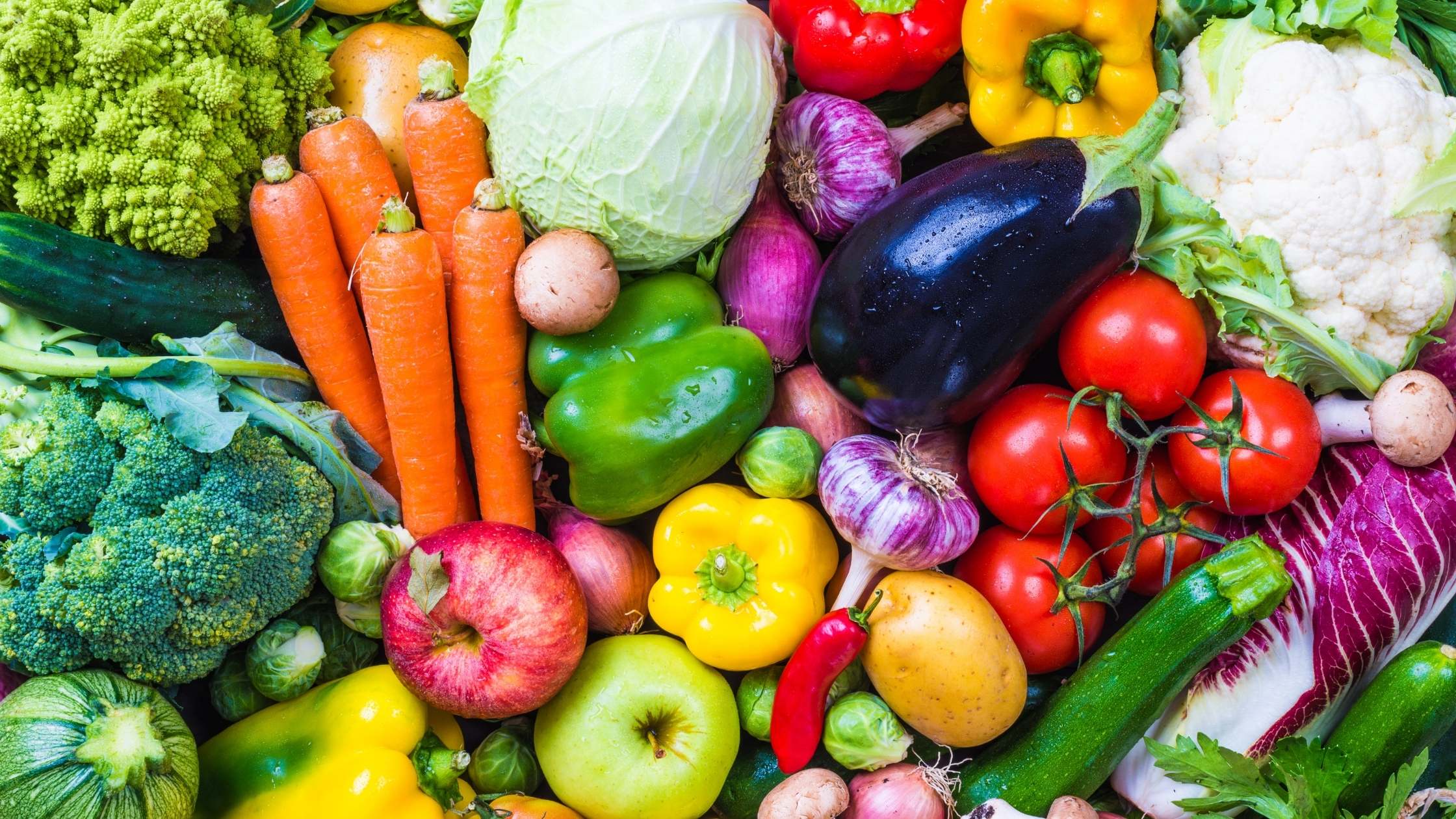There's a new diet trend that appears set to take the world by storm, the Nordic Diet. It appears to be a Scandinavian take on the concepts of the Mediterranean Diet.
According to a study published in The Journal of Internal Medicine, it lowered cholesterol and inflammation among study participants who followed the plan for 18 weeks. Without a doubt, there will shortly be a book, a cookbook, several websites with recipes, and a new crowd of enthusiasts. That's not necessarily a bad thing but it may not be the right thing for everyone.
The diet does allow for whole grains, primarily rye, barley, and oats, as well as low-fat dairy, fish, poultry, game meats (like moose), fruits, berries, vegetables, and canola oil. While new diet plans always garner a lot of excitement it's important to remember that there is no one size fits all diet. We are bio-individual creatures and what works for one person doesn't always work for another. If someone is gluten intolerant they need to avoid the rye and barley (and source gluten free oats) allowed in this nutritional plan. Just because it's part of the diet doesn't mean it's the right choice if your body can't handle it.
I do have a couple of thoughts about this diet and about food trends in general:
The Nordic Diet calls for canola oil.
In the United States this is not a good choice as the vast majority of it is contaminated by GMO. Some estimates of contamination and cross-contamination are so high that there are those who believe there is no unmodified canola to be found in the U.S.
The diet calls for low-fat dairy.
This is not a healthy option. Starting with the fact that dairy is one of our few food sources of vitamin D. Vitamin D is a fat-soluble vitamin (meaning it needs to be consumed with fat in order for the body to properly utilize it). Vitamin D is also important to help the body properly make use of calcium. When it comes to the old notion that high fat diets cause obesity, recent studies have shown that the opposite is true. In measured studies, those who consumed whole-milk dairy products had reduced risk for obesity.
The diet does not, as far as I've been able to find, specifically talk about sourcing of food. 
While game meat is unlikely to be adulterated with added hormones, antibiotics, and pesticides, poultry and fish need to be sustainably sourced. It's interesting to note that game meat in general may be gaining some prominence as people seek to avoid meat from animals raised in confined operations.
Vegetables and fruits still need to be sourced without pesticide residue and GMO contamination.
I imagine that there will be more of a call for root vegetables. This is a good thing as root vegetables are high vitamins, beta-carotene, and fiber. [side thought: I'm always surprised when I buy parsnips at the grocery store and the checkout clerk wants to know what the "white carrots" are.]
Expectations
With food trends in general, I expect we'll face a year ahead with more, New, BETTER (read tongue in cheek) superfoods that convey all sorts of health benefits. I'm not a huge fan of seeking those out and quite frankly we have superfoods that are local and easily accessible, there's no need to keep chasing the latest super ones.
I imagine there will still be some sort of push to get bugs onto the menu and into the grocery stores. They're cheap and easy to raise, a quick, convenient source of protein. I'm not a fan but that's a personal preference. I also don't eat things like squid or eels that doesn't mean I think they're dangerous or bad for you. With anything that we eat we have to look at how it's raised. Remember, you are what you eat includes whatever the animal you're eating ate.
I still believe there's not enough focus on fermented foods. These are in a category referred to as functional foods, they have a specific health benefit. In the case of fermented foods such as kefir, kombucha, and lacto-fermented vegetables they add beneficial probiotics to our intestinal tract, helping us to break down our food, boost our immune system and stay healthy. While I see more and more evidence of some fermented foods I believe we would all benefit from eating more of them. Ideally we'd learn how to make them at home.
I'd like to believe we'll continue to see a growing influence of tip-to-tail consumption that will encourage us to eat more fully from the whole animal. Learning to eat organ meats again, consuming more bone broths, getting away from the white-meat-only-chicken-breast diet that so many of us have become accustomed to.
Whatever nutrition plan lies ahead, let's remember that we need to eat according to the needs of our bio-individual bodies. Our dietary needs change over time. We don't eat the same in our 40's as we did when we were a toddler or an adolescent. But however we choose to eat, whatever we're eating, let's focus on clean, healthy, sustainably sourced foods rather than jumping from one popular diet plan to another.
Want to know more about food and what's in what you eat? Join The Ingredient Guru Community!




